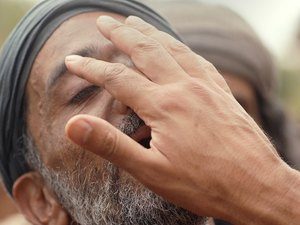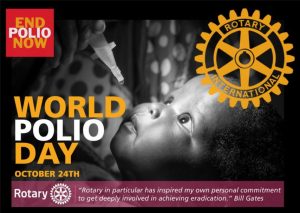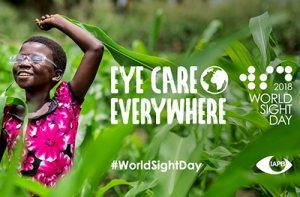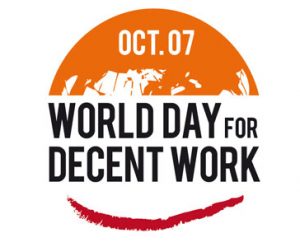When the word ‘commandment’ is mentioned Christian people spontaneously think of the 10 commandments.
They are part of our Christian heritage and model – or should model – our day to day living.
Of course, we have inherited them from our Jewish ancestors for whom they were the basis of their Covenant with God.
But for them, there was another commandment, just as exacting, strictly as binding.
They were repeating the text daily – the very text which we find in the 1st reading of this Sunday
(31st Sunday of Year B – Dt.6:2-6).
That commandment was expressed in a single word: LISTEN !

In our modern world, listening has multiple ‘over-tones’, could we say.
Taking into oneself sounds and voices, shouts and cries, rap or more traditional music –
all this is part of the listening activity.
What about listening to… silence?!
Some year ago, famous lyrics invited us to do so…
And are we ‘at-tuned’ to God’s voice?
Can we even use this expression of a God-Spirit whose voice is not encompassed in decibels?
The biblical message is repeated to us again and again:
“Listen…
Let these words I urge on you today be written on your heart…”
So, God’s words are meant to reach more than our ears but especially our hearts.
And what is the message our heart is meant to “keep and observe”?
“You shall love the Lord your God
with all your heart, with all your soul, with all your strength.”
“Listen, keep and observe” – today’s message, message for every day…
Note: Another reflection is available on a different theme in French at: https://image-i-nations.com/31e-dimanche-de-lannee-b/



 World Polio Day was established by Rotary International over a decade ago to commemorate the birth of Jonas Salk, who led the first team to develop a vaccine against poliomyelitis. Use of this inactivated polio virus vaccine and subsequent widespread use of the oral polio virus, developed by Albert Sabin, led to the establishment of the Global Polio Eradication Initiative (GPEI) in 1988. As of 2013, GPEI had reduced polio worldwide by 99%.
World Polio Day was established by Rotary International over a decade ago to commemorate the birth of Jonas Salk, who led the first team to develop a vaccine against poliomyelitis. Use of this inactivated polio virus vaccine and subsequent widespread use of the oral polio virus, developed by Albert Sabin, led to the establishment of the Global Polio Eradication Initiative (GPEI) in 1988. As of 2013, GPEI had reduced polio worldwide by 99%.
 World Food Day is annually held on October 16 to commemorate the founding of the United Nations’ (UN) Food and Agriculture Organization (FAO). Each year has a different theme.
World Food Day is annually held on October 16 to commemorate the founding of the United Nations’ (UN) Food and Agriculture Organization (FAO). Each year has a different theme. And today’s gospel text (28th Sunday of Year B – Mk.10:17-22) shows us another scene where, again, Jesus invites a young man to follow him but… this call is not answered.
And today’s gospel text (28th Sunday of Year B – Mk.10:17-22) shows us another scene where, again, Jesus invites a young man to follow him but… this call is not answered. The Worldwide Hospice Palliative Care Alliance is pleased to announce the theme for World Hospice and Palliative Care Day 2018: Palliative Care – Because I Matter.
The Worldwide Hospice Palliative Care Alliance is pleased to announce the theme for World Hospice and Palliative Care Day 2018: Palliative Care – Because I Matter. World Sight Day (WSD) is an annual day of awareness held on the second Thursday of October, to focus global attention on blindness and vision impairment.
World Sight Day (WSD) is an annual day of awareness held on the second Thursday of October, to focus global attention on blindness and vision impairment.  Workers from around the world will be holding activities to mark the 11th World Day for Decent Work on 7 October.
Workers from around the world will be holding activities to mark the 11th World Day for Decent Work on 7 October.